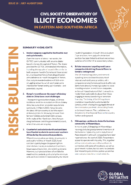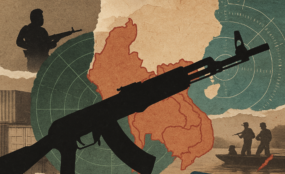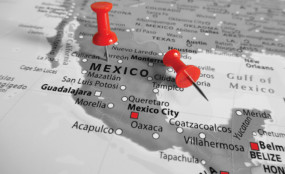Posted on 20 Oct 2013
International drug control efforts began in 1909, with the aim of eradicating the abuse of certain drugs by controlling their supply. A complex international system of enforcement grew up based on this belief in supply control. A century on, the empirical data is available and overwhelming: the system has failed. Worse, it has become increasingly clear that the human cost of pursuing many of its policies renders them unjustifiable. From mass incarceration in the United States and Asia, to the HIV/AIDS epidemic flooding Russia and the waves of violence rippling through Latin America – current global drug policies are worsening current global drug problems. This is no longer a point of controversy, but as Joseph Spillane suggests, is something which ‘no serious scholar questions’. Nevertheless, driven by a mixture of bureaucratic and ideological inertia, the international drug control system, governed through the UN and enforced by a number of core states, continues to pursue many of the same failed policies. This report asks why the system evolved in the way that it did, and explores the potential for reform.



